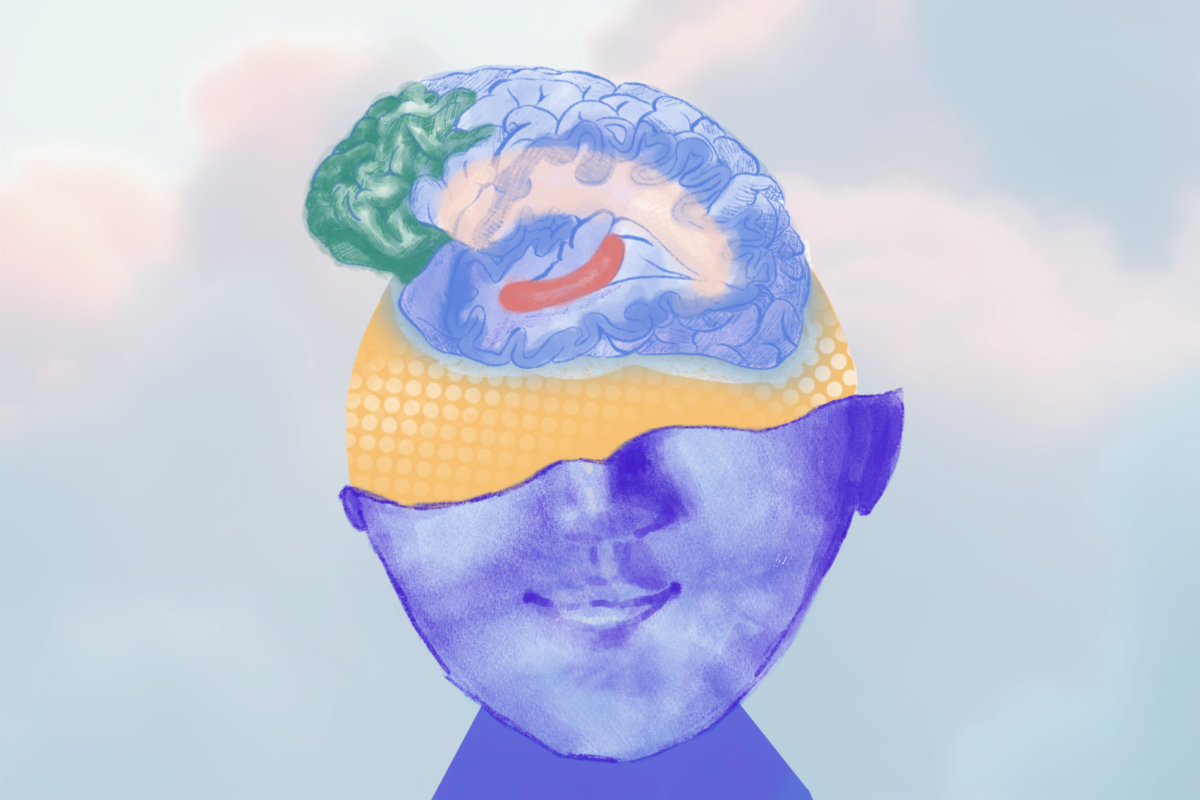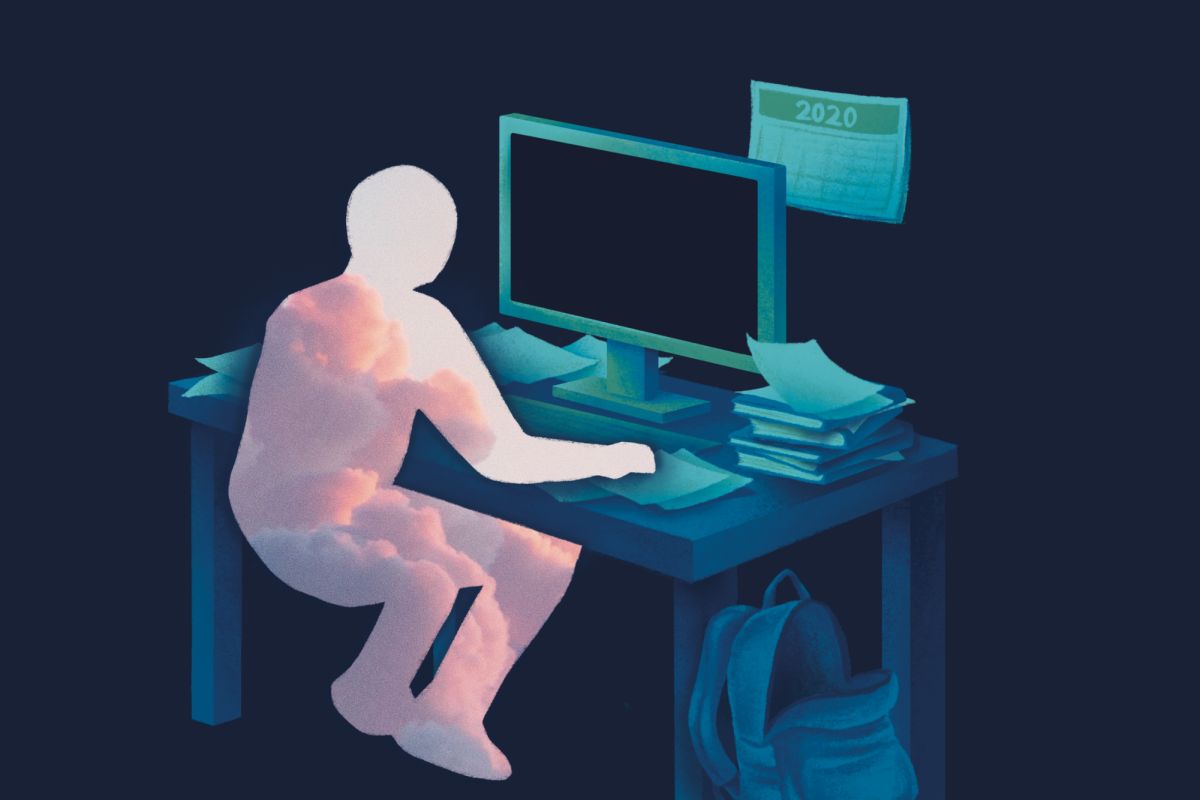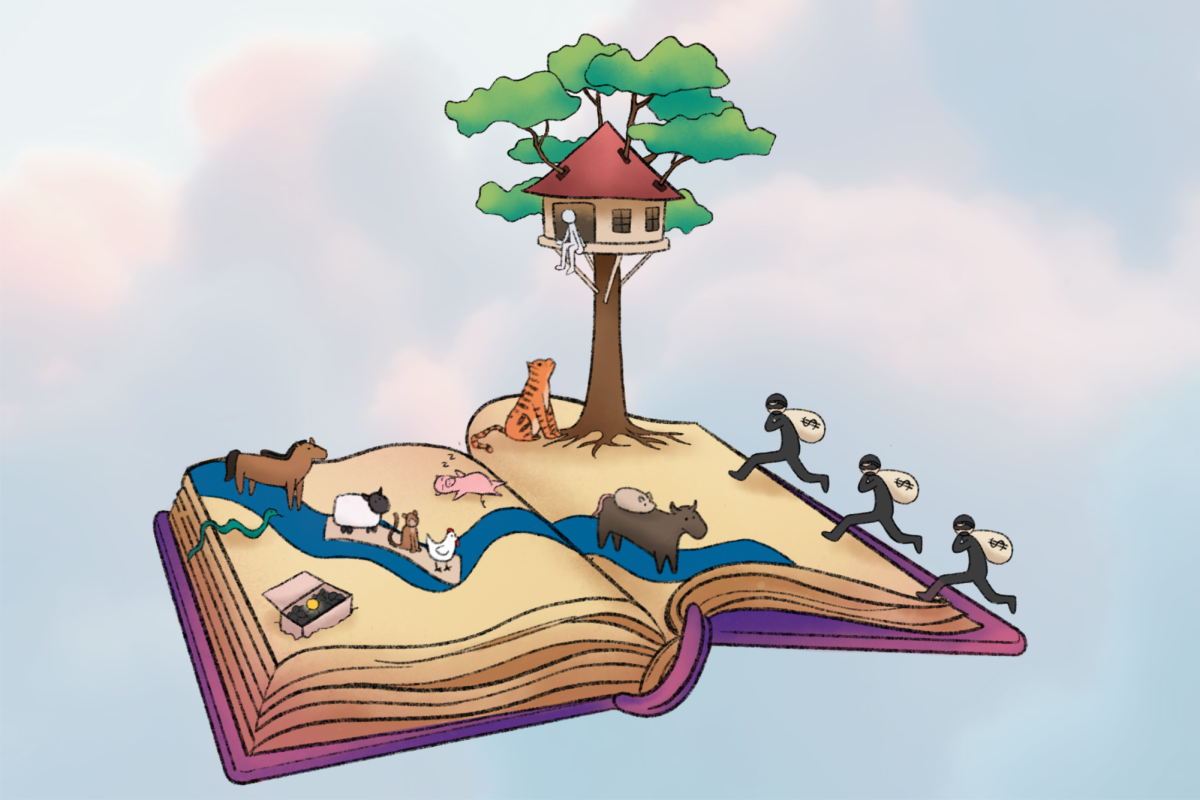The smell of freshly baked cookies that filled Grandma’s kitchen on Thanksgiving, reminding us of the old fairy tale stories she told us at night. The taste of homemade lemonade on a hot summer day, triggering memories of when we were filled with nonsense business plans and recruited our best friends. The sound of a magic wand on Disney Channel or the laughter with friends from Dilworth, a reminder of when everything around us seemed so big.
“Nostalgia is a sentimental yearning for a past period or a state of being,” school-based therapist Jenna Starnes said. “There are several factors that can trigger nostalgia and it can be anything sensory: particular smells, sounds, objects or conversations with friends.”
In the neuroscientific aspect, there are four identified components that work together to generate the feeling of nostalgia: self-reflection, autobiographical memory, emotion regulation and reward. Because the phenomenon of nostalgia originates from memories that the self considers important or meaningful to the present circumstances, the individual is “the central and defining character of nostalgia.” Two key brain regions involved in the process of self-reflection are the medial prefrontal cortex — which requires individuals to contemplate how the external stimuli align with their personal thoughts like goals and traits — and the posterior cingulate cortex — which is related to self-reflection and self-consciousness.
These brain regions, along with those in the hippocampus, are mainly involved in autobiographical memory processing. More broadly, the reward network including the striatum substantia nigra, ventral tegmental area and ventromedial prefrontal cortex collectively generate a sense of nostalgia. Autobiographical memory involves recalling past events and experiences in an effort to relive them. Similar to nostalgia, rumination — repeatedly focusing on negative feelings and experiences from the past without taking any action to change them — and counterfactual thinking — imagining “what-if” outcomes of past events — all utilize autobiographical memory.
However, nostalgia is unique in its strong association with positive feelings about the self and social relations and is weakly associated with feelings of bitterness or past experiences in which an individual feels they have been wronged.
“Generally, nostalgia is thought of as a pleasant emotion, but it’s a balance of happiness and sadness,” Starnes said. “You’re thinking about something positive and enjoyable, yet there’s often a wistfulness because it’s no longer present in your life. It is fascinating that nostalgia holds two emotions at once but is generally experienced as a good, enjoyable experience.”
Despite nostalgia’s ambivalent, bittersweet nature, nostalgia can serve as a form of emotional regulation to consume any negativity with its predominantly positive associations. More specifically, people are highly likely to remember nostalgic memories in a positive light even if the actual experiences were not entirely enjoyable. By positively reframing certain memories, nostalgia smoothes emotional conflicts. In this way, nostalgia can potentially serve as a coping mechanism to combat discomfort as it evokes memories that are upbeat, social and meaningful. Several brain regions, including the anterior cingulate cortex and mPFC, are well-known to initiate emotion regulation.
“Certain foods and TV shows on Disney Channel like ‘Phineas and Ferb’ trigger feelings of nostalgia for me,” said senior and Society of Psychology and Sociology treasurer Siri Ratnam. “Nostalgia is very much about what I experienced as a younger child, especially between 2009 and 2014, and revisiting those memories.”
Specifically, for younger teens or high school students, nostalgia can serve as a way to maintain emotional stability as they navigate some of their most difficult years of schooling. By reflecting on positive experiences, they can ground themselves during periods of stress or uncertainty. Similarly, for adults, nostalgia can be an avenue to escape from the pressure of their work environment as they think back to their childhood.
“When I talk to my grandparents, their view on nostalgia is more influenced by their experience living through the post-war period, so it tends to be very patriotic,” Ratnam said. “But for my parents, they talk more about their college days and gaining independence.”
On another front, in psychology, nostalgia has the capacity to foster a social approach and connectedness with others. Because nostalgia’s ability to supply social connectedness can be interpersonally transferred, it can increase physical closeness, help-seeking, empathy, and prosocial behavior while decreasing prejudice, or negative attitudes toward others. In the case of romantic relationships, nostalgia can increase commitment to and feelings of closeness with one’s romantic partner, as well as love and relationship satisfaction.
Although nostalgia is defined as a past-focused affective experience, increasingly more studies have demonstrated that nostalgia can have a positive influence on present behavior and future-oriented actions. Referencing their childhood memories can remind individuals of how it feels to be young and loved, and it ultimately prompts them to seek future-oriented behaviors like caring for their physical, social and mental health.
Furthermore, nostalgia may help Alzheimer’s patients recall past events and enhance neurological functions. Nostalgic memories are encoded as long-term memory, which typically makes them more difficult to forget. Utilizing the event reflection task, which makes experiment participants reflect on nostalgic events or ordinary events from their past, a 2018 study in the Journal of Alzheimer’s Disease found that people with mild or moderate dementia demonstrated improved self-continuity, optimism and self-esteem.
Nostalgia can also guide people toward finding their identity, especially if they have relocated throughout their childhood. The idea of nostalgia is rooted in a common experience or grounding memory that pulls the individual away from something they may be experiencing at the moment. Sometimes, though, it is difficult to find an anchor, and nostalgia serves to be especially helpful in navigating different stages of life.
“According to many studies, nostalgia can help us create more meaning in our life,” Starnes said. “It helps us connect with our communities and societies, and creates continuity from the past to the present.”


































































